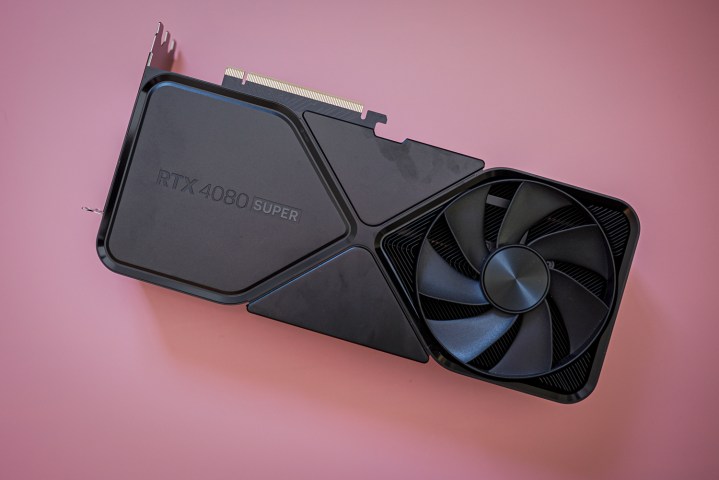Nvidia has released a hotfix driver aimed at addressing micro-stuttering issues experienced by users of their graphics cards. This move is unusual for Nvidia, as hotfix drivers are not typically released unless absolutely necessary. The new driver, version 551.46, addresses four specific issues, including micro-stuttering in games with vertical sync, stuttering in web browsers on certain system configurations, and stability issues in games like Red Dead Redemption 2 and Immortals of Aveum.
One of the most notable aspects of this hotfix release is the inclusion of support for the newly released RTX 4080 Super graphics card. This is a significant update, as it shows Nvidia’s commitment to providing timely and effective solutions for their users, as well as their dedication to supporting new hardware in a timely manner.
However, it’s important to note that this hotfix driver is not being automatically suggested to users through GeForce Experience, Nvidia’s driver update platform. This is because hotfix drivers have not undergone the same level of testing as regular driver updates. Nvidia has advised users to wait for the next WHQL-certified driver if they are not experiencing the specific issues addressed by this hotfix.
It’s clear that Nvidia is prioritizing the user experience by providing this hotfix driver to address urgent issues promptly. Their decision to include support for the RTX 4080 Super in this update is a positive indication of their commitment to supporting new hardware and addressing user concerns in a timely manner.
In my opinion, Nvidia’s release of this hotfix driver demonstrates their dedication to maintaining a high level of performance and reliability for their graphics cards. The inclusion of support for the RTX 4080 Super in this update also shows their commitment to ensuring that users of their latest hardware have a smooth and optimized experience. While it is important to exercise caution when installing beta drivers, I believe that Nvidia’s proactive approach to addressing issues and supporting new hardware is commendable and ultimately benefits the end user.


